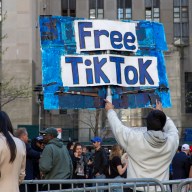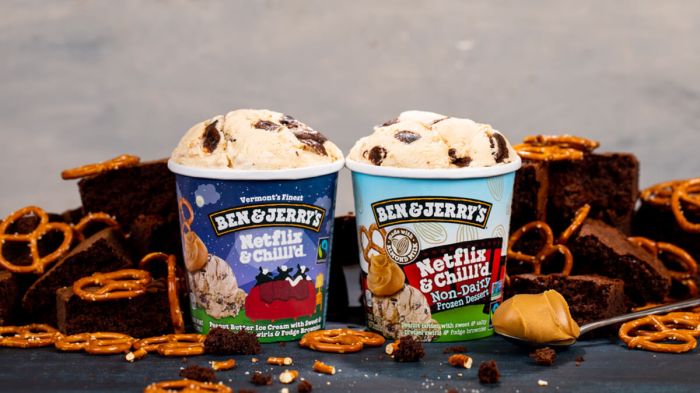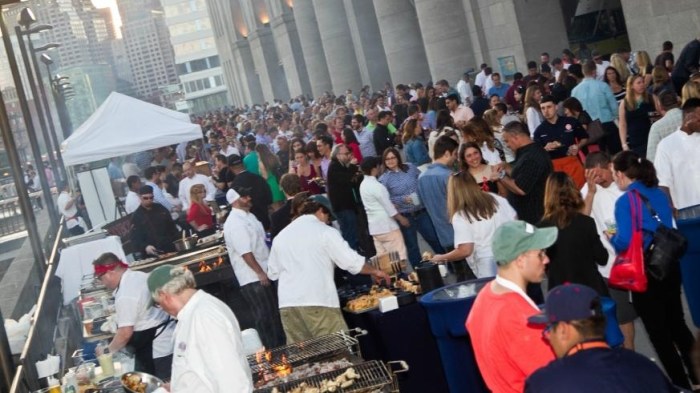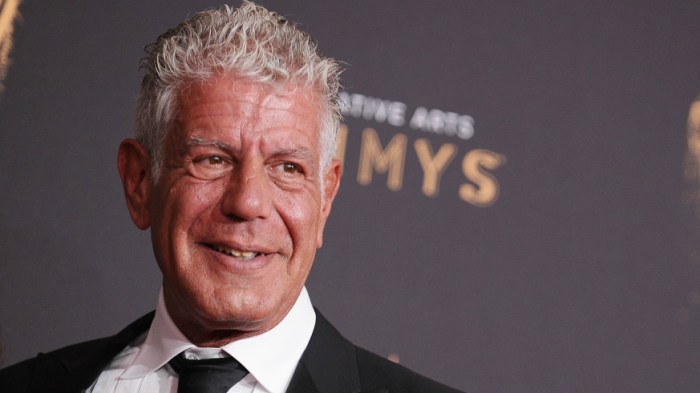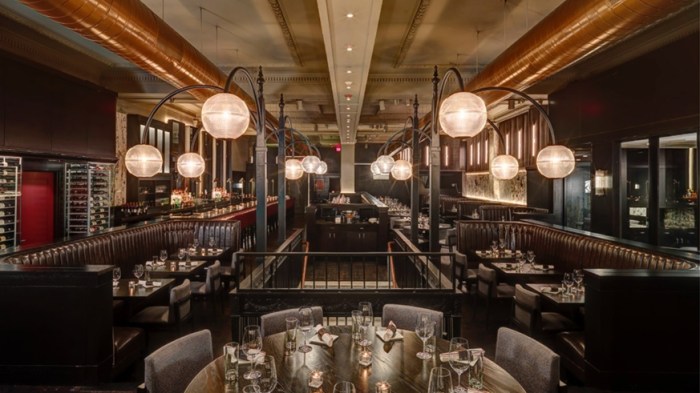Food cravings – and not just the pickles-and-ice-cream pregnancy kind – show howlittle control we feel sometimes when it comes to food. We rounded up three new studiesthat looked at some factors that could be warping our eating habits. 1. Dip in blood sugar
Craving pizza or planning a snack binge? A University of Washington study of identical twins raised together (to eliminate genetic and environmental differences in food habits) found that our brain’s response to the sight of food appears to be driven by how low our blood sugar level is at the moment. Twenty-one twin pairs ate from a buffet, then their brains were scanned while looking at images of food. For the twin who made less satisfying food choices (as measured by blood glucose), the images provoked a stronger mental response. 2. A bias for high-calorie foods
Everyone knows you shouldn’t shop hungry; not only will you buy more food, but you’ll buy food with higher caloric density. A new study found that while we’re generally bad at estimating the calories even in foods we like, in a simulated auction study participants were willing to bid higher amounts on the higher-calorie foods — suggesting that the brain has an internal calorie counter that prizes such items. “Earlier studies found that children and adults tend to choose high-calorie food,” according to study author Alain Dagher, a neurologist at the Montreal Neurological Institute. “The easy availability and low cost of high-calorie food has been blamed for the rise in obesity. Their consumption is largely governed by the anticipated effects of these foods.” 3.Perceptionof value
Want a meal to taste better? Pay more for it, researchers at the Cornell Food and Brand Lab found. In the study, 139 diners at an Italian all-you-can-eat buffet were charged either $4 or $8. They then rated the taste of the pizza and how much they enjoyed the dining experience. “People set their expectation of taste partially based on the price – and it becomes a self-fulfilling prophecy,” says Dr. David Just. “If I didn’t pay much, it can’t be that good. Moreover, each slice is worse than the last – people really ended up regretting choosing the buffet when it was cheap.” Diners who paid the higher price rated the pizza as being 11 percent tastier. In both situations diners ate an average of three slices of pizza. The lesson? “Go to the most expensive buffet you can afford. You’ll eat the same amount but enjoy the experience and the food more!” says co-author Dr. Brian Wansink.
3 reasons you’re making bad food decisions
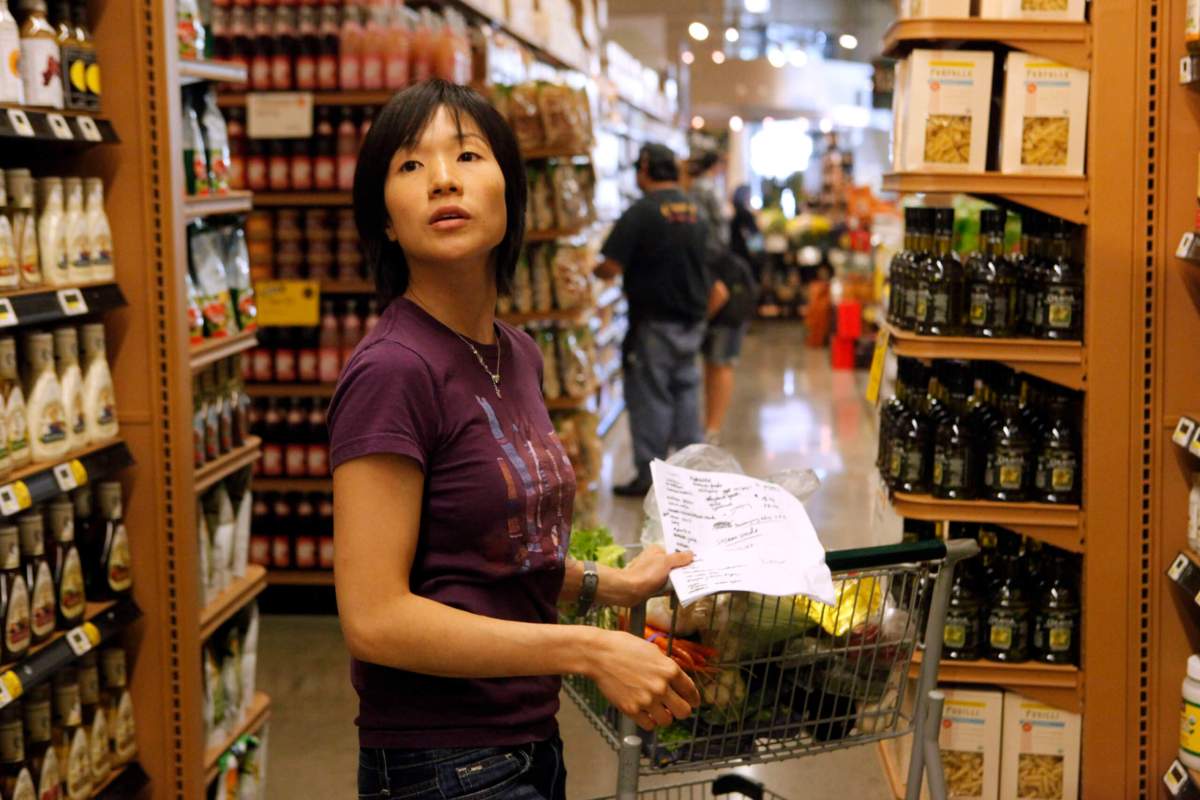
Getty








